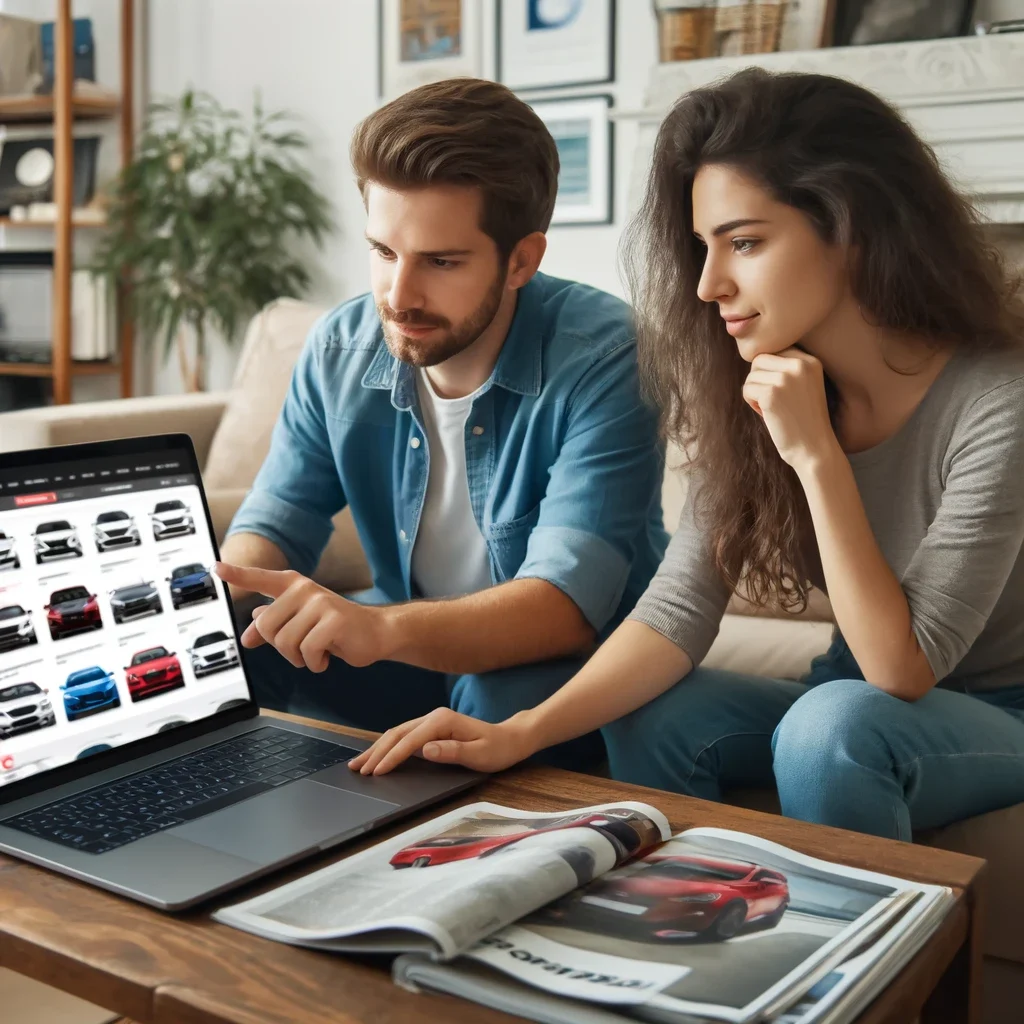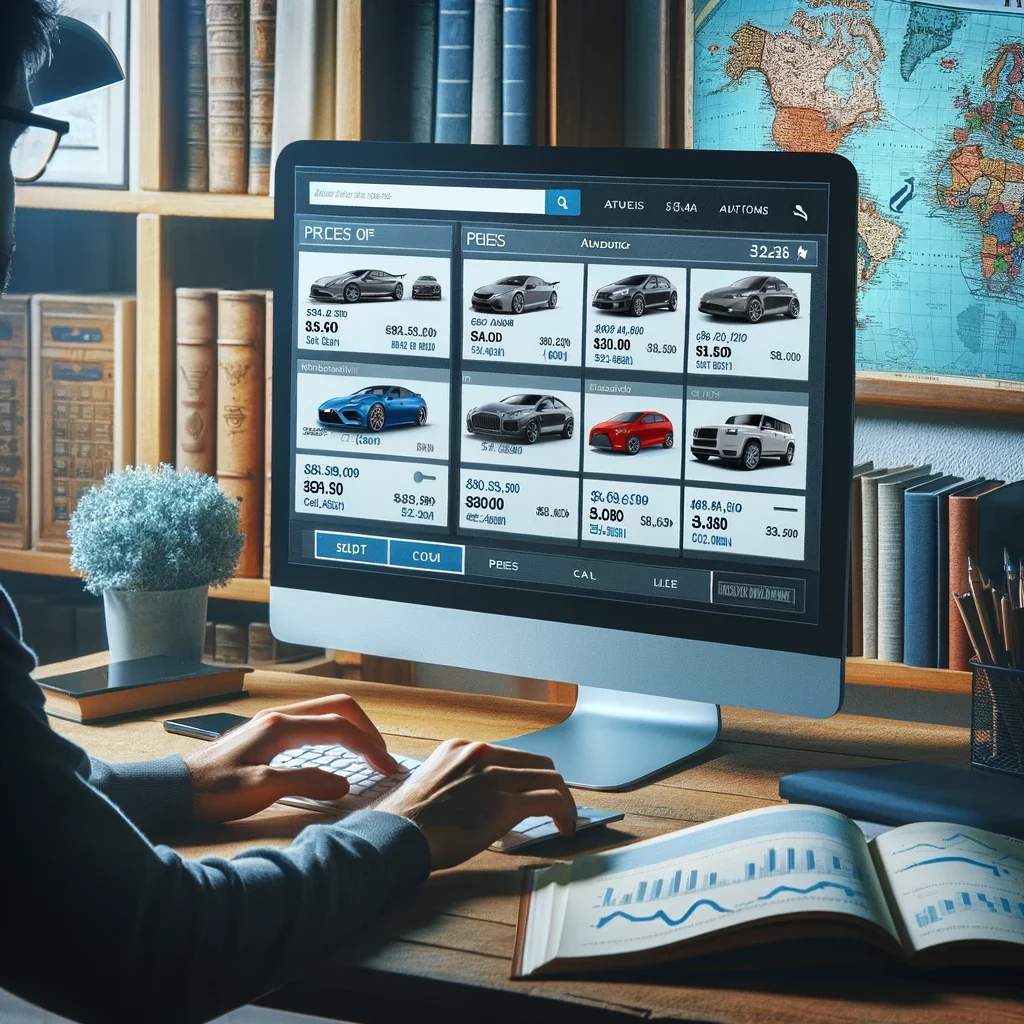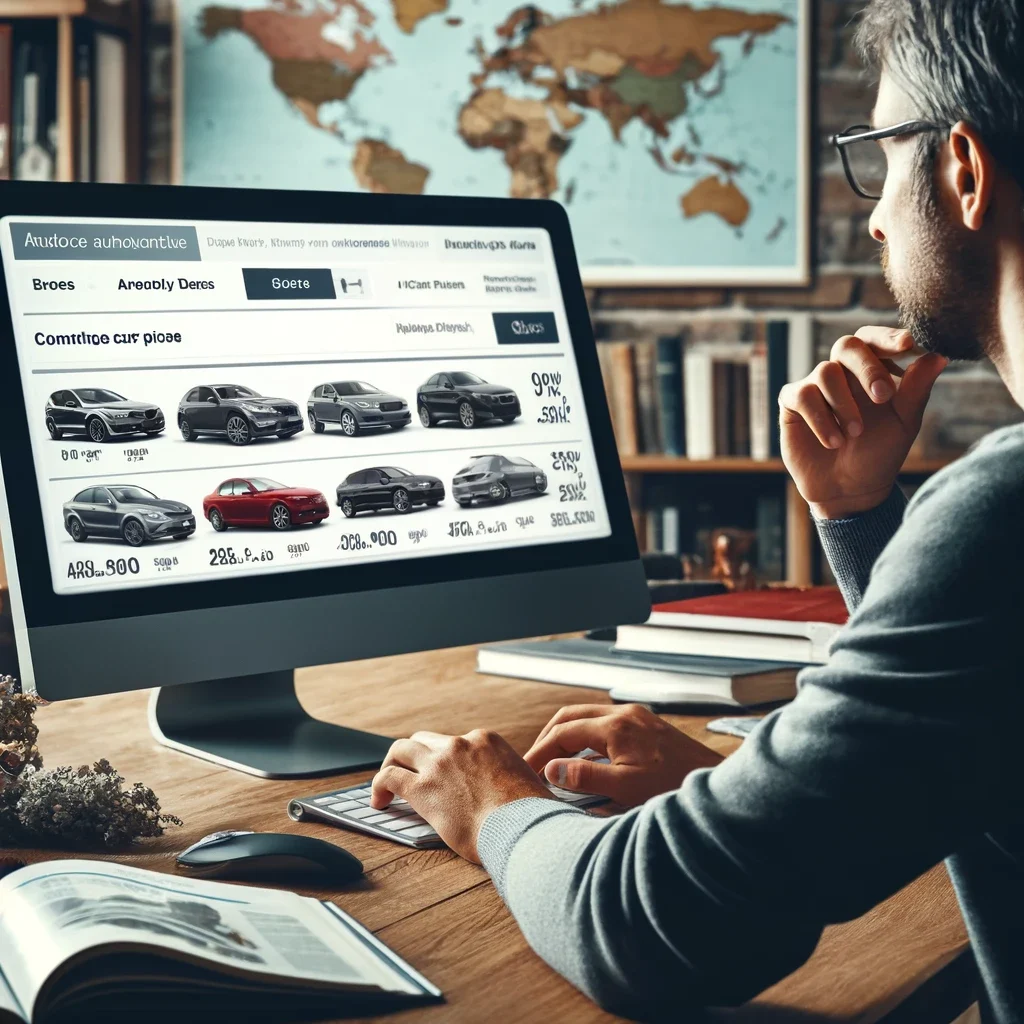
Finding the Perfect Car: A Guide to Making Smart Choices
Why Size Matters: The Appeal of Smaller Cars
When you’re car shopping, smaller might just be smarter. Not only are compact cars typically lighter on the wallet at purchase, but they also tend to guzzle less gas, leading to savings at the pump over time. Despite their size, many small cars offer a surprisingly spacious interior—so it’s worth taking a trip to the dealership to see for yourself before assuming they’re too tight a squeeze.
For the latest news and updates on all things automotive, check out MotorVibez, your go-to source for comprehensive car insights and trends.
Choosing Based on Family Size

For those with a small family or no kids, a two-door sedan or hatchback can be an excellent, economical choice. However, if you’re dealing with daily carpool duties or a growing family, four doors can prevent a lot of hassle. Trying to shuffle people in and out of a two-door can quickly become a chore you’d rather avoid. For those with even larger families or if you often find yourself chauffeuring around friends, a minivan or SUV is ideal. These vehicles are not only roomier, allowing for comfortable seating for up to eight people, but they also have plenty of trunk space for all your gear.
Utility and Functionality for Your Lifestyle

If your life involves a lot of hauling—whether it’s big shopping hauls, sports equipment, or DIY project supplies—a pickup truck might be right up your alley. For heavy-duty tasks, like towing a trailer or hauling large loads, a full-sized pickup has the muscle you need. On the other hand, a compact pickup might suffice for lighter loads and still provide the utility you need without the bulk of a larger truck.
Smart Budgeting for Your Wheels

It’s smart to keep your car payments within 15% of your monthly income. This ensures you have enough left over for other essentials like housing, bills, and some fun money, too. Weigh the pros and cons of new versus used based on your budget—used cars often offer great value but require a bit more homework to ensure you’re getting a reliable vehicle.
Fuel Efficiency: Drive Further for Less

For those daily commutes or city driving, a hybrid can dramatically cut your fuel costs and is worth considering. If you find yourself regularly hitting the highways, a diesel vehicle or an efficient four-cylinder car might be the way to go, as these options often provide better mileage and are ideal for longer drives.
Research Tips for Finding the Right Car
1. Leverage Car Review Websites

Start by visiting car review websites to get detailed insights into various models. These sites provide a mix of expert opinions and real user reviews, which can be invaluable in assessing the performance, reliability, and potential issues of different cars. Sites like Edmunds.com or CarAndDriver.com are great for this, offering comprehensive reviews and side-by-side comparisons of similar vehicles. User reviews can be particularly telling, as they often reveal the day-to-day realities of owning a particular car.
2. Research Local Dealerships

Your buying experience is heavily influenced by the dealership, so it’s crucial to choose the right one. Check online reviews and ratings on platforms like the Better Business Bureau or Edmunds to understand other buyers’ experiences. A dealership with a long history is typically a good sign of dependable service and customer satisfaction. Reading through these reviews can alert you to any red flags before you visit.
3. Set Your Budget and Explore Options
Use online tools to determine what cars you can afford. Websites like Kelley Blue Book (kbb.com), Edmunds (edmunds.com), and TrueCar (truecar.com) are excellent resources for comparing prices and features across different models and brands. These sites also allow you to see pricing trends and get a feel for the market.
4. Conduct Price Comparisons
Once you’ve narrowed down your choices, compare prices for similar vehicles across different dealerships and manufacturers. This can help you spot the best deals, especially if you’re considering a common model like a small hatchback. Checking out used car dealerships in person can also lead to good deals, as they often have lower prices and special offers not advertised online.
5. Schedule and Take a Test Drive
Nothing beats a test drive for getting a true feel for a car. Arrange to test drive a few options at local dealerships. Try to schedule this during quieter times, like weekday mornings, to ensure you get undivided attention from the sales staff and avoid crowds. Use this opportunity to ask the salesperson detailed questions about the car’s features and performance. Remember, there’s no obligation to buy immediately—take your time to decide if the car suits your needs.

